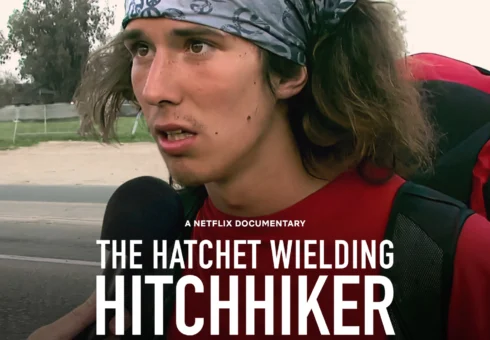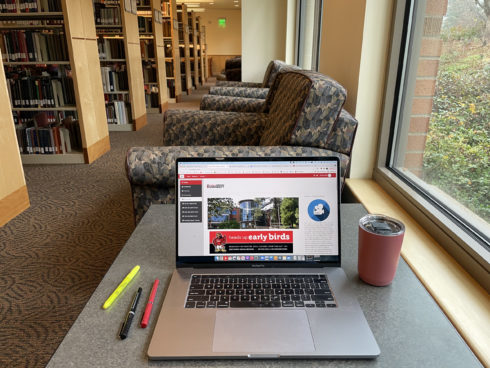This is part of Reid Barbier’s weekly “Base Camp” column on the best hiking and outdoor adventure spots in Southern Oregon.
One of the greatest experiences in all of hiking is when you cook your first meal out on the trail. You’ve been hiking all day, you’re tired and hungry, and the night is rapidly turning cold. So you start up your camping stove or build up a fire, warm yourself up, and sit back as the cooking smells fill the camp. Today, I’ll talk primarily about the food aspect of hiking, with an emphasis on camping and backpacking. The next couple hikes I’ll describe in this column will primarily be geared toward those hikers willing to spend a night out in the woods, so a few tips about food won’t be amiss.
The first tip about food on any longer hiking trip is to always bring enough, but never too much. While of course you want the right amount so you can have energy in the morning, afternoon, and recharge in the evening, too much food will crowd your pack and weigh you down. This extra weight will give you sore shoulders and contribute to pains throughout your body, including blisters. Lightweight foods such as power bars are great, packing a wallop of calories for relatively little weight, while any food in heavy containers, such as canned food, is not worth the weight.
The most important meal on any hiking trip is probably breakfast, giving you the energy to carry on for the rest of the day. It is often hard to eat much in the morning during backpacking trips, as your body has not yet adjusted to its temporary conditions, but it is always recommended to at least get some calories down before setting off. Breakfast should be primarily snacks or something light, enough to keep you going but not enough to slow you down since you will be starting to hike again quickly. Dinner can be the most involved meal, since that is when you are in camp and have the most time to boil water and so forth.
The next tip is to know what equipment to bring, whether you are camping for one night or several. A backpacking stove is essential and can be rented from the Outdoor Adventure Leadership office in the McNeal Pavilion. They will come with a fuel canister and can be lit with a lighter or a match, although a lighter is recommended. You’ll need a small pot or pan to set up on top of the stove, the weight of the stove and the pan are not too bad and they are essential. Bring a cup that can act as a bowl, and some kind of utensil to eat with. If you are in an area that allows campfires you can also build up a fire and use that as the heat source for cooking. If you set up rocks around the fire they will absorb and reflect heat, allowing you to place a pan on the rocks near the fire, boiling water and heating food. This will not be as fast as the cooking stove though and could damage the pan while requiring more work on the part of the camper.
Just briefly, I will give you all an example of a few meals I would bring out camping, just so you can get an idea what works and what doesn’t. Usually I will bring power bars for breakfast and some lunches, as well as beef jerky and maybe some candy. There’s nothing wrong with bringing some junk food along, since it is light and can keep you going on a long trail, just as long as that junk food isn’t taking the place of a more substantive meal. For dinner, one of my favorite items is rice, brought in a plastic bag, which you can throw in a pot with some water and cook relatively fast. Bring along some seasoning, like salt and cheese, and that rice tastes awesome. There are also some pretty good pre-packaged meals you can buy at various outdoor stores in town, and these can be an easy way to get a few meals stored up for a trip. They are very expensive though, and I always prefer to throw together some of my own stuff if I have the time.
I hope this column was helpful to those hikers maybe just starting to explore the beauty of the wilderness, and hopefully will encourage people to take that next step in hiking and spend a night out in the stillness of nature. There really is nothing like carrying your own food on your back, and then sitting around a roaring fire after a long, dusty day and just listening to the stove’s sizzle. Next week I’ll start exploring some hikes a little farther out than Ashland, I hope you all will join me.

